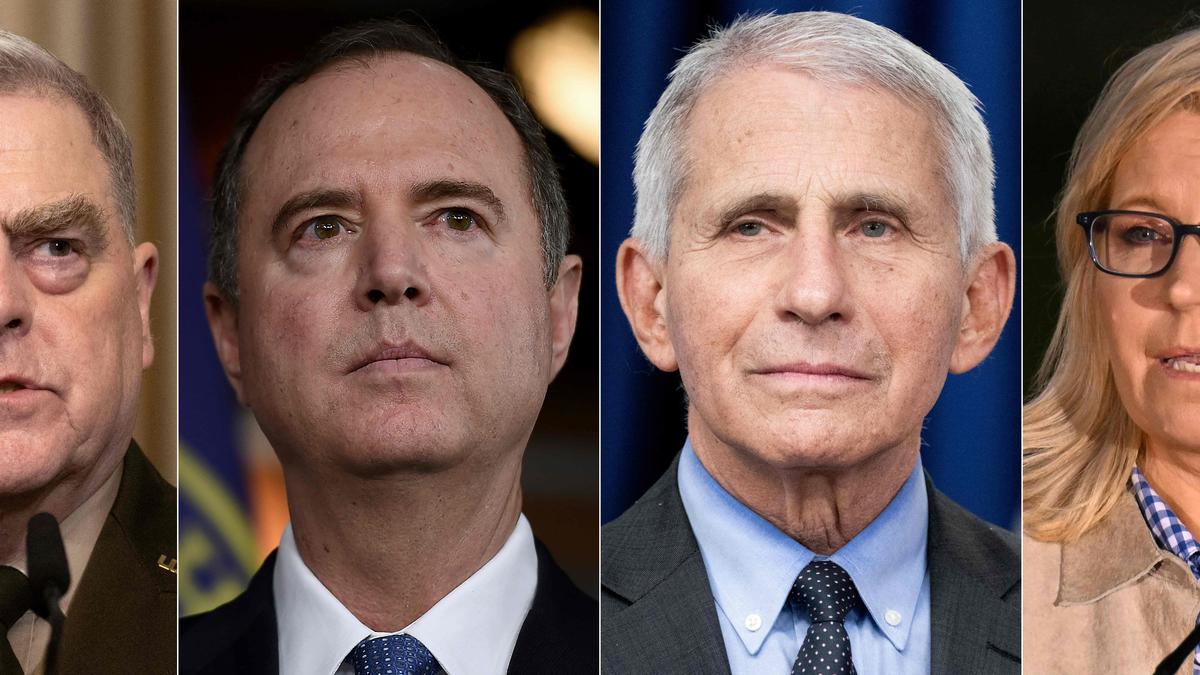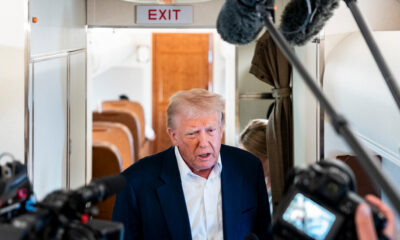U.S. President Joe Biden, hours before leaving office on Monday (January 20, 2025), issued preemptive pardons to his former chief medical adviser Dr. Anthony Fauci, retired Gen. Mark Milley and members of the U.S. House committee that investigated the January 6 attack on the Capitol. The move is intended to protect them from potential retribution from the incoming Donald Trump administration.
Mr. Trump has warned of an “enemies list” filled with those who have crossed him politically or sought to hold him accountable for his attempt to overturn his 2020 election loss and his role in the storming of the U.S. Capitol, the Associated Press reported.
Trump inauguration LIVE: Trump kicks off Inauguration Day pageantry with morning church service
“The issuance of these pardons should not be mistaken as an acknowledgment that any individual engaged in any wrongdoing, nor should acceptance be misconstrued as an admission of guilt for any offense,” Mr. Biden said in a statement. “Our nation owes these public servants a debt of gratitude for their tireless commitment to our country.”
The pardons have reportedly been the subject of discussions at the highest levels of the White House for months now. It’s customary for a President to grant clemency at the end of his term to those have been convicted of crimes. Biden, however, has pardoned those who have not even been investigated yet.
What is a preemptive pardon?
While presidential pardons are given to only those accused of specific crimes, preemptive pardons are for people who are yet to be convicted or tried for a crime. In this case, the preemptive pardons have been issued for people who are yet to be investigated.
Can U.S. Presidents issue preemptive pardons?
According to the U.S. Department of Justice, there are precedents of people who were not charged with a crime being pardoned. “It would be highly unusual, but there have been a few cases where people who had not been charged with a crime were pardoned, including President Gerald Ford’s pardon of President Richard Nixon after Watergate, President Jimmy Carter’s pardon of Vietnam draft dodgers and President George H.W. Bush’s pardon of Caspar Weinberger. President Donald J. Trump pardoned Joseph Arpaio and others after they were charged and convicted, but prior to sentencing.” the DOJ says.
There are also fears of Mr. Biden’s preemptive pardons setting precedent for Mr. Trump and his allies using them at an even larger scale. Some also worry that the pardons would feed into claims by Mr. Trump and his allies that the individuals committed acts that necessitated immunity.
(With inputs from the Associated Press)
Published – January 20, 2025 07:39 pm IST








































